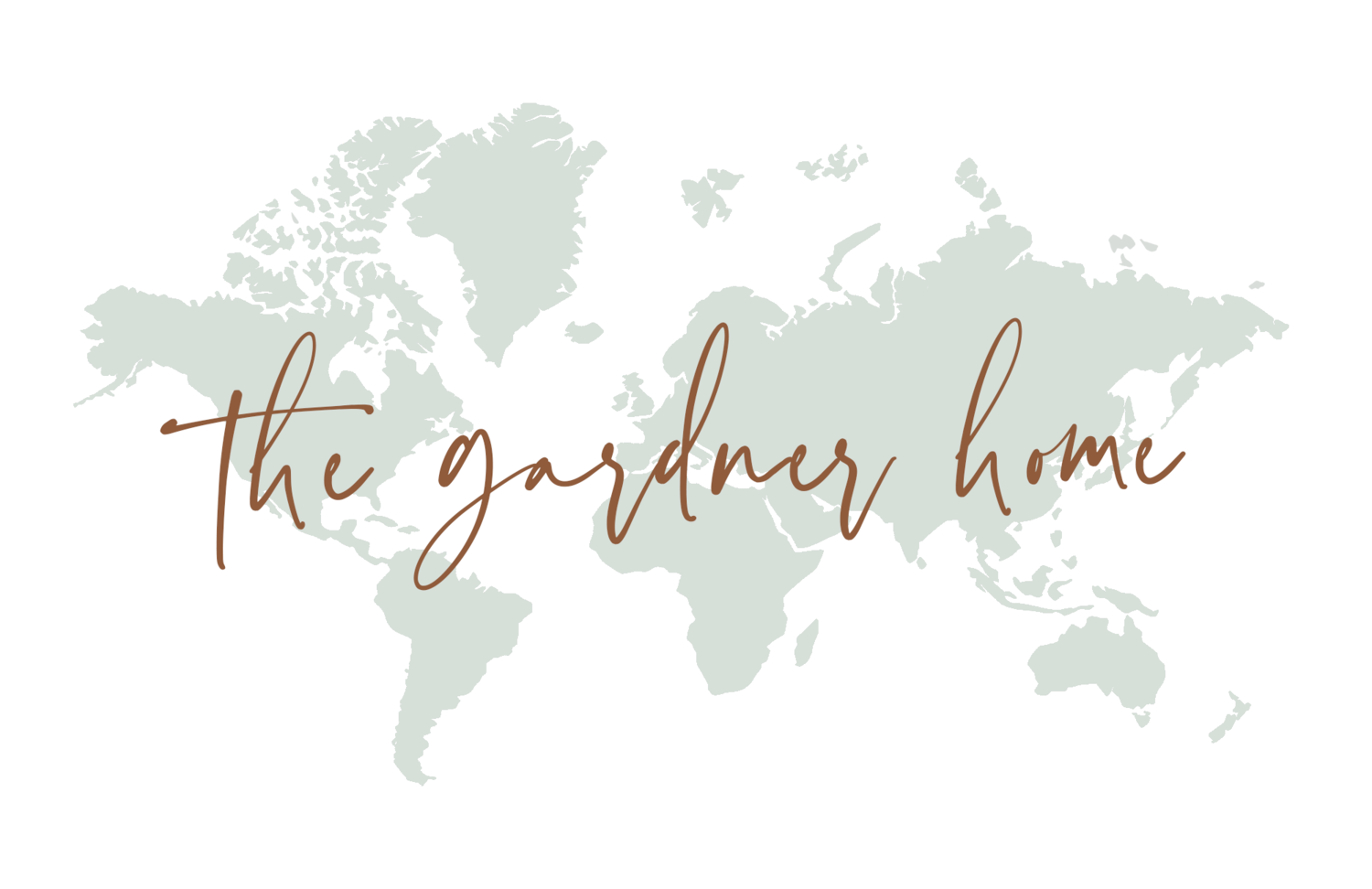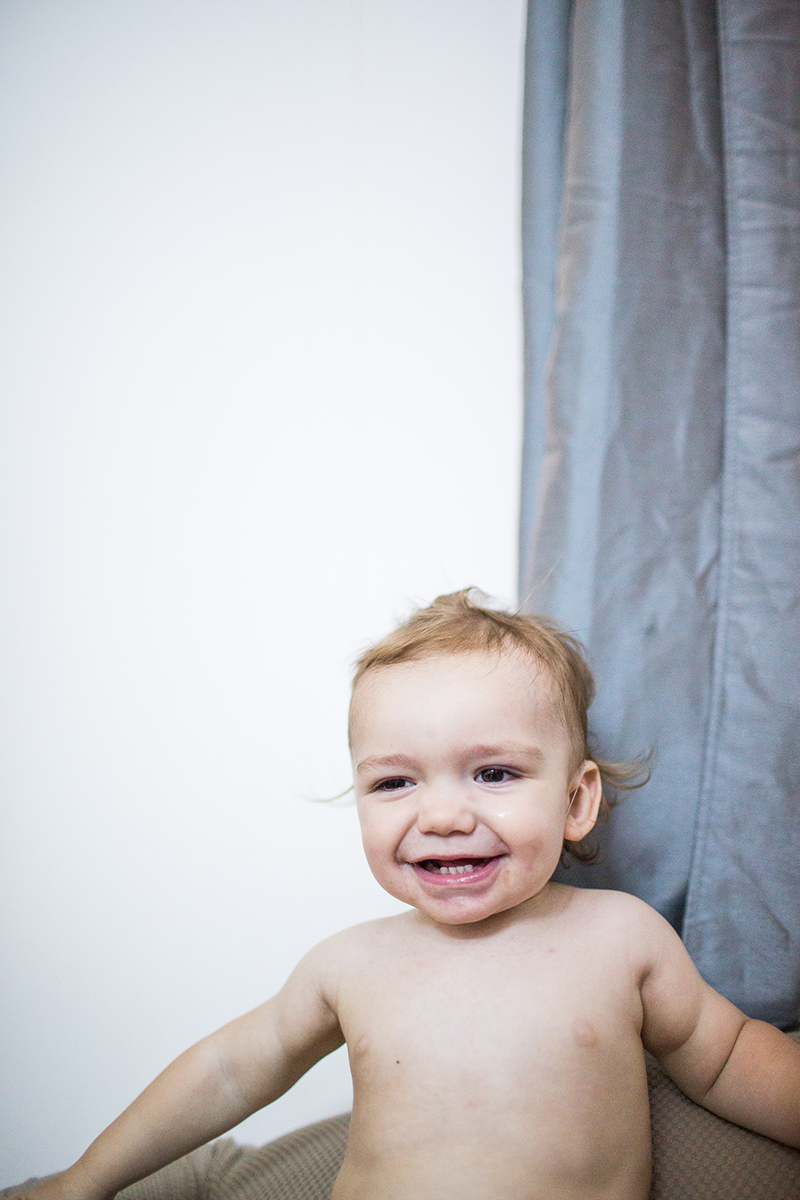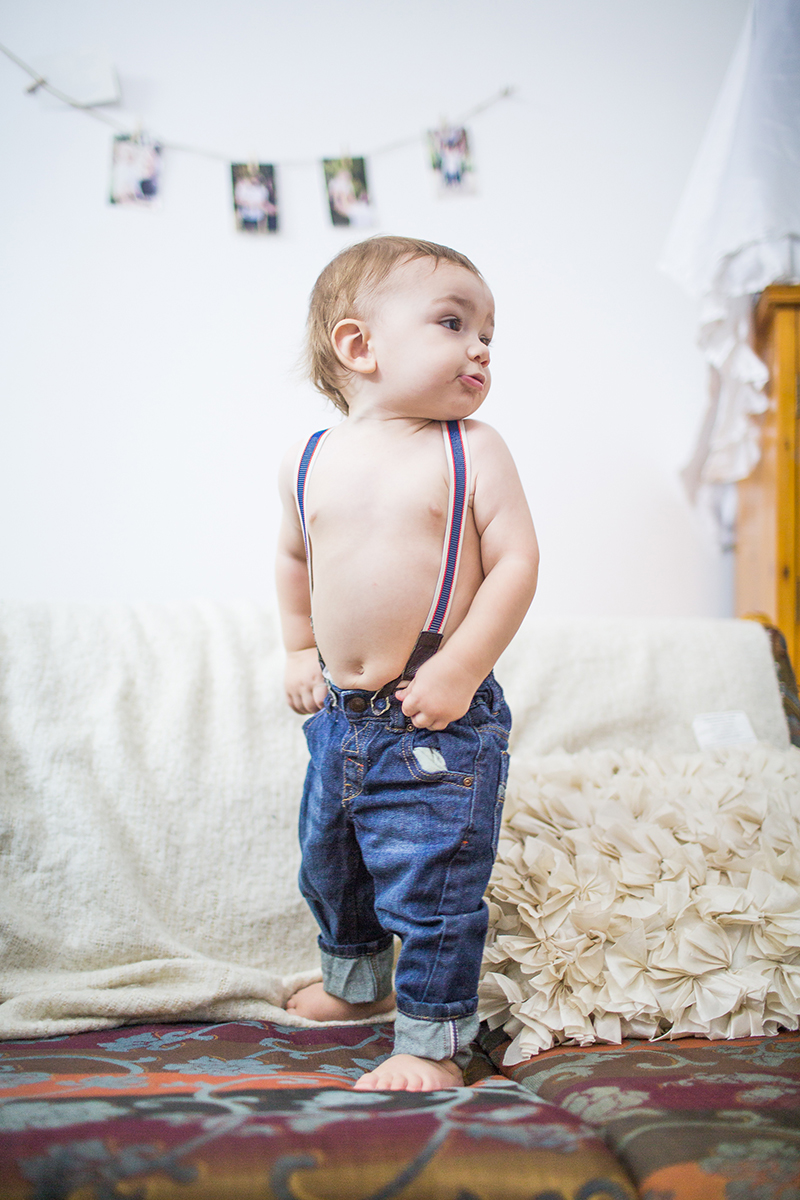Since posting the blog A Typical Day in Africa with a Baby, our little guy has grown a lot! He is now 16 months old and all over the place! And now that he is no longer an infant our schedule has opened up to do more in the community. So I thought I'd do another post on what our day/week looks like here in Africa.
7:30 - wake up and get going (In an effort to be vulnerable, I'm not a morning person, so it takes me fooooorever to get out of bed, but I aspire to get better and spend some quiet time during these 30 minutes instead of hitting the snooze button) *insert thumbs down emoji*
8:00 - Sometimes Ezra wakes up around this time, but he usually just plays in his crib until we come and get him. Then we change him, give him some milk, and get him in the high chair for breakfast. Sunday through Thursday our house helper arrives and she often takes over on days I have appointments in the morning.
9:00-12:00 - Mondays I spend my time in the home office or visiting the women at our Project House. I'm usually meeting with the jewelry group for Dreamer & Co or meeting with others as I leave this day open for appointments. On Tuesdays we have team meetings, and Wednesday through Thursday I have language lessons. Friday and Saturdays are the weekend here and on Sunday we get ready for chapel at the base.
10:00 - Ezra takes a nap (depending on the day) and Monday-Thursday our house helper is actually watching Ezra and getting him down for a nap so we can attend language class or work in the office. When he wakes up he has another 4 oz. of milk.
12:00-2:00 - Ezra is usually awake by now and we get ready to have lunch. Lunch is the main meal here so we usually have a big spread, pasta and bread, rice and beans, and other dishes prepared for us by our house helper.
2:00 - 4:00 - Ezra goes down for a nap, sometimes we do as well :) Most places close down for "siesta" time and so we take this time to rest as well.
4:00 - Ezra has a snack, and depending on the day I leave for my next activity. Monday I attend Girl's Run 2 practice, Tuesdays I have women's volleyball, and Wednesday I have women's basketball on the French base. Reed has langugage class Monday-Wednesday so our house helper stays with Ezra. Thursdays and Sundays I use the afternoon to catch up on office work in the living room, while Ezra runs around playing.
6:30 - We start preparing dinner. I return back from volleyball or girls' running. On Wednesdays I am actually leaving to go to basketball, so our house helper feeds Ezra dinner and put him down for bed.
7:30 - We eat dinner together. Ezra eats with us and we try to get him to eat whatever we are eating as well. But if he refuses it then we chop up some fruit and bread or make a smoothie for him.
8:00 - Bath, bottle, bed for little man! He gets one more 4 oz. bottle of milk and then goes down for the night.
9:00 - We watch tv, catch up on emails, and try to be in bed by 10:00pm, however most days it's really more like 12:00 am. But we are working on that, because getting in the morning is so much harder!
Below are a few answers to some common questions we get about raising a baby in Africa:
1. What do you feed Ezra and does he still take bottles?
We have transitioned from bottles to sippy cups and we hope to eventually transition to milk only being drunk from the 360 cups. Right now Ezra is such a wiggle worm when we change his diaper, so we often use the sippy cup full of milk to keep him still. It's really the only way. As for food, we try to get him to eat whatever we are having, but there are a few foods that we eat consistently that we found do not bode well for his digestive system (i.e. beans). His favorite (outside of all fruit) is spaghetti and musil (a local dish made out of red lentils). We also make him grilled cheese sandwiches and left over rice pilafs for days when he won't touch our food. We can always count on cut up fruit, pureed fruit, and crackers to be a big hit. His other favorite is any kind of smoothie. In fact, if I make a smoothie for myself as soon as he hears the blender he starts whining for some. The good thing about our smoothies is that we use Juice + so we know he is getting a good dose of fruits and vegetables.
2. What kind of milk do you use?
The milk here is actually a point of contention. A local company started producing milk, but it gives everyone bathroom issues (even the locals won't touch it). But the company refuses to fix the issue and they have stopped letting many companies import other brands. Sometimes we can find milk from France, but it comes in tiny bottles and is skim milk. We would go through four containers in one week! We finally decided to use the formula designed for babies 12-36 months. We can buy it in a large container and it last for a couple weeks, plus it has extra vitamins to help with growth.
3. How do you keep Ezra cool in the hot climate?
From November to March the weather can range from upper 60s to upper 80s. While it's still warm inside the apartment we have found it's not too hot for sleeping. So Ezra will sleep in his crib in his own room during this months. We run the a/c for two hours before bedtime and then shut it off when he goes to sleep. We also keep his ceiling fan on high and have a tower fan blowing on his crib. So far, he hasn't woken up sweating, so we count is as success. During the hot months we will move him into our room with the a/c and he'll sleep in the pack-n-play. During the day we keep the fans running and if he's out in the stroller we have a portable fan that attaches to his tray and blows on him. It works wonders! During the hot months if it gets too hot inside then we run the a/c for a little bit and make sure he stays cool.
4. How do you get clothes and other supplies for him as he transitions?
We plan ahead. We have yet to find a place that sells affordable baby clothes so we find it easier to bring several sizes with us. We have stocked up through size 2T and when we travel during the summer we will plan for the next year. We also have visitors that come from the US during the year and will ask them to bring us something if we find something breaks or we need something.
5. How did you get Ezra to sleep through the night?
When Ezra was four months old we read the book, 12 hours by 12 weeks. We started following the guidelines and with a lot of practice we got Ezra to sleep through the night. He would still wake up around 6 am, and sometimes have an occasional mid-night wake-up, but around 1 year he started sleeping 12 hours at night and waking up anywhere from 8am to 10am! He was also going to sleep at 9pm or later. That's the downside of sleeping in the same room, he can't fall asleep until we are quiet in bed and all the lights are off.

























